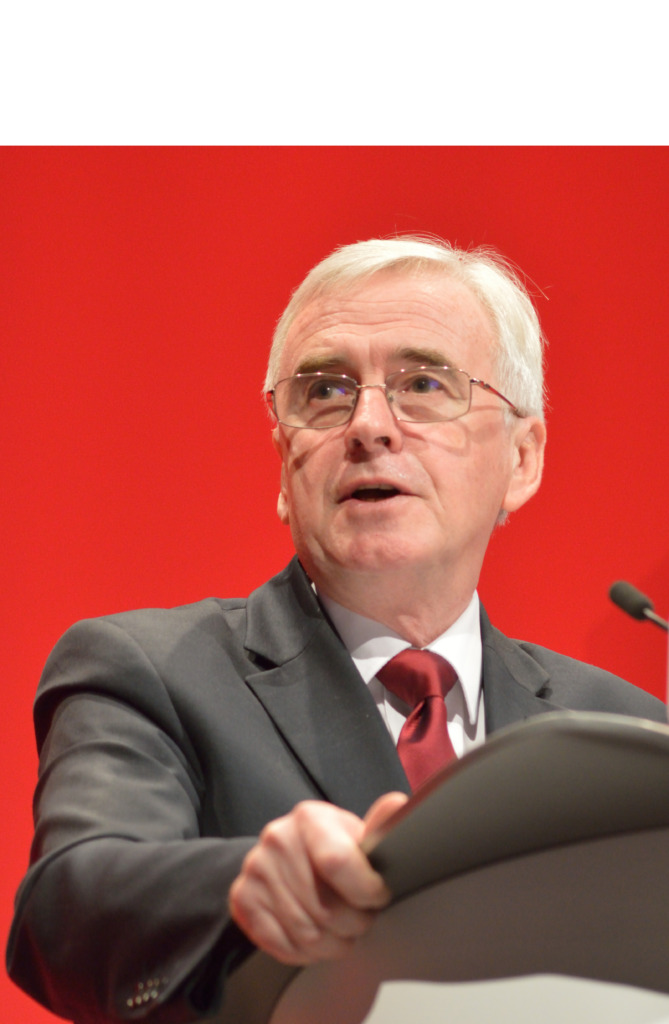The Labour Party would begin to nationalise energy companies within 100 days of taking office if it is to win Thursday’s General Election.
The Shadow Chancellor John McDonnell explained in a speech today:
“In our first hundred days we will start the process of bringing water and energy into public ownership.”
McDonnell continued to say that boards would be set up to run the utilities made of the customer and the worker as well as representatives from local councils, metro mayors and others.
He explained that board meetings would be live streamed, in order to ensure that people can see the decisions being made on their behalf.
Nationalisation is a key part of the Labour Party’s manifesto, and McDonnell’s speech ensures that it remains a top priority ahead of the General Election.
The party is planning to nationalise the transmission and distribution grids and the Big Six suppliers and create a new UK National Energy Agency that will own and maintain the national grid.
Concerns have been raised by the industry about such a plan, with many claiming it would be expensive and distract from efforts to decarbonise.
Big Six company SSE has previously said: “This is a time for working together now to tackle the climate crisis, not waste years attempting a very costly, complex and controversial nationalisation.”
Following McDonnell’s speech, he was queried about the cost of nationalisation, in particular if investors are willing to sell their shares, and if the government will effectively write a blank check, paying above the odds to bring the companies into public ownership.
“No it’s not a bank check, we’ll go through the normal exercises every other element of public ownership have in the past. Parliament will determine the price and bonds will be issued for shares, and in that way we’ll have a smooth transfer.”
McDonnell went on further to criticise the way the companies had been managed in the past, and highlight that the Labour Party’s opinion polls show that nationalisation is popular.
“People feel ripped off, and we believe that under public ownership and management in the form that we’ve set out now – not the old-fashioned nationalisation but a new form of public ownership in which people are in control, the workers, the users, the consumers, the passengers and yes, of course, expert management – we can manage them effectively, and make sure that they’re contributing to the wider policy agenda of climate change, and at the same time reduce bills.”
“What we want now is long-term stable investment in those basic public utilities to provide us with the best possible services,” he said.
The comments have again come under criticism from the energy sector, with a spokesperson for the Energy Networks Association saying:
“Network companies have a great track record of delivering a vital public service. They are already accountable to the public through Parliament, government and the regulator, and that system has delivered record levels of customer satisfaction.
“We need to ensure that no person should be left behind by decarbonisation. But pushing through proposals for state ownership are a needless distraction that will delay and disrupt Britain’s efforts to reach Net Zero.
“A system based on private investment has already helped make Britain a superpower of renewable energy. Let’s build on that, rather than wasting time by scrapping a system that works.”






